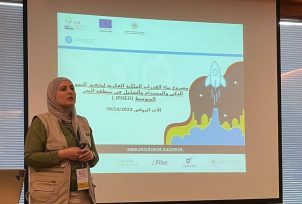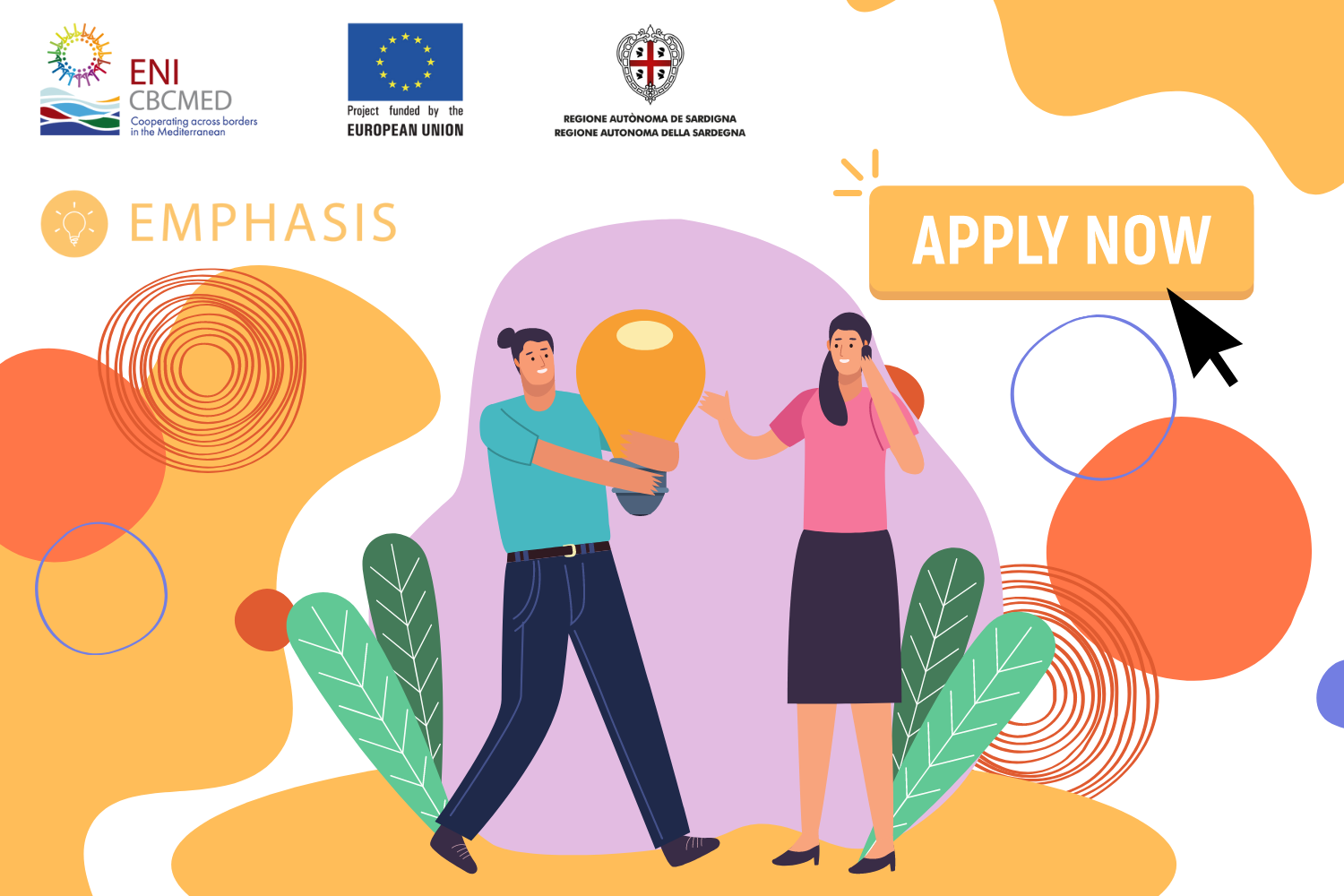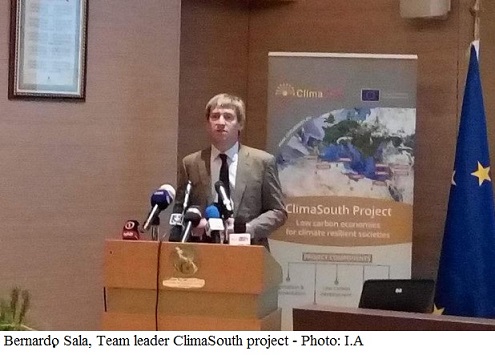Jordan: ETF releases research mapping skills and migration support measures

The European Training Foundation (ETF) has released new research mapping the skills policy and support measures in Jordan aimed at refugees, foreign workers, expatriates and returnees.
The mapping identifies many innovative support measures, but suggests a common approach to migration would further improve the employability of these groups and address skills mismatch.
Labour emigration and migration in Jordan has contributed to political, social and economic development. The recent influx of Syrian refugees, however, is placing huge pressures on the country.
According to the United Nations, there were 889,000 registered refugees between 2015-2017, mostly Syrian (with smaller numbers of Iraqis and Palestinians). The actual number is much higher when unregistered refugees are accounted for.
Building upon the global inventory of Migrant Support Measures from the Employment and Skills Perspective, the ETF mapping identifies 33 measures that support skills development, job and skills matching for refugees, foreign workers, expatriates and returnees.
These measures are mostly funded by the international donor community, including the European Union which is the largest contributor to the Syrian crisis response. The research recommends better coordination and efficiency to help avoid overlap of services.
The research highlights many innovative examples of measures for refugees, including the Makani My Space Approach, led by local civil society groups, promoting soft skills for youths. The Wise Water Plumbers project is helping to save water, boost gender equality and socio-economic integration, while the Skills Exchange Programme between Syrians and Jordanians is providing a skills transfer platform for low and medium skilled workers.
The research makes a number of recommendations to improve skills utilisation and overcome labour market integration problems and skills mismatch. These include embedding more measures into a national system, with a special focus on local authorities and building a common approach to migration.
Entrepreneurship initiatives are identified as a development area with ‘high potential’ particularly for Jordanian returnees as well as refugees, while more rigorous information collection, monitoring and evaluation of measures would help evaluate effectiveness and efficiency.
Read more

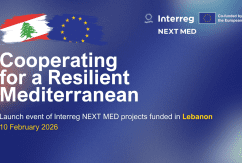

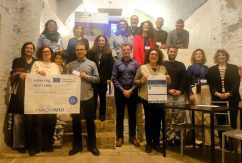

























 Syria
Syria 